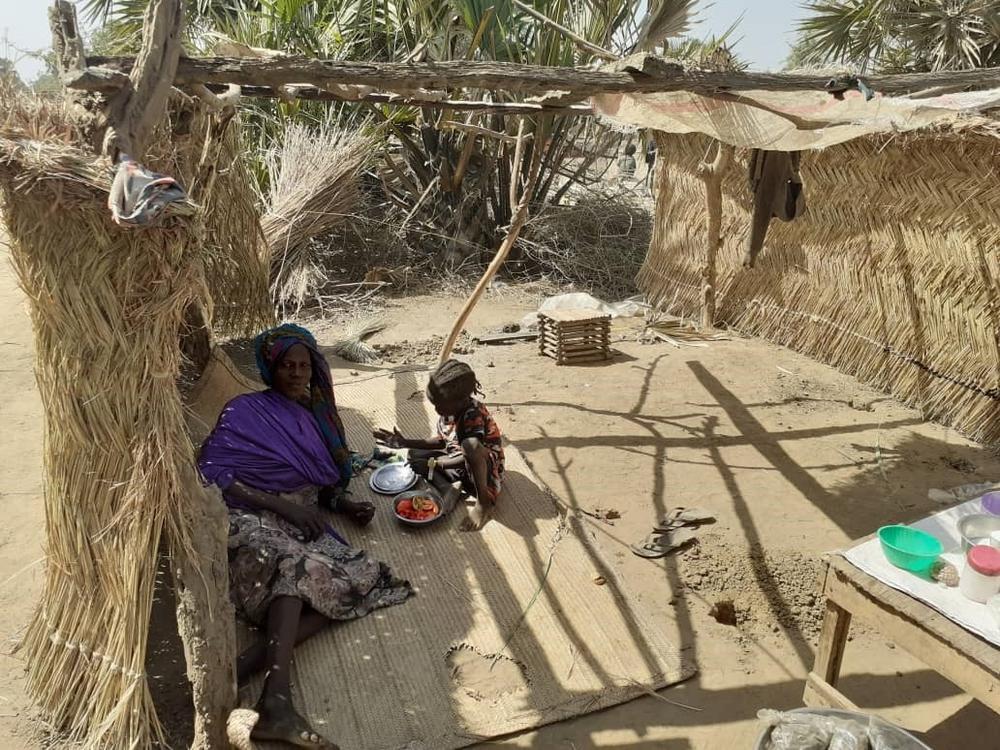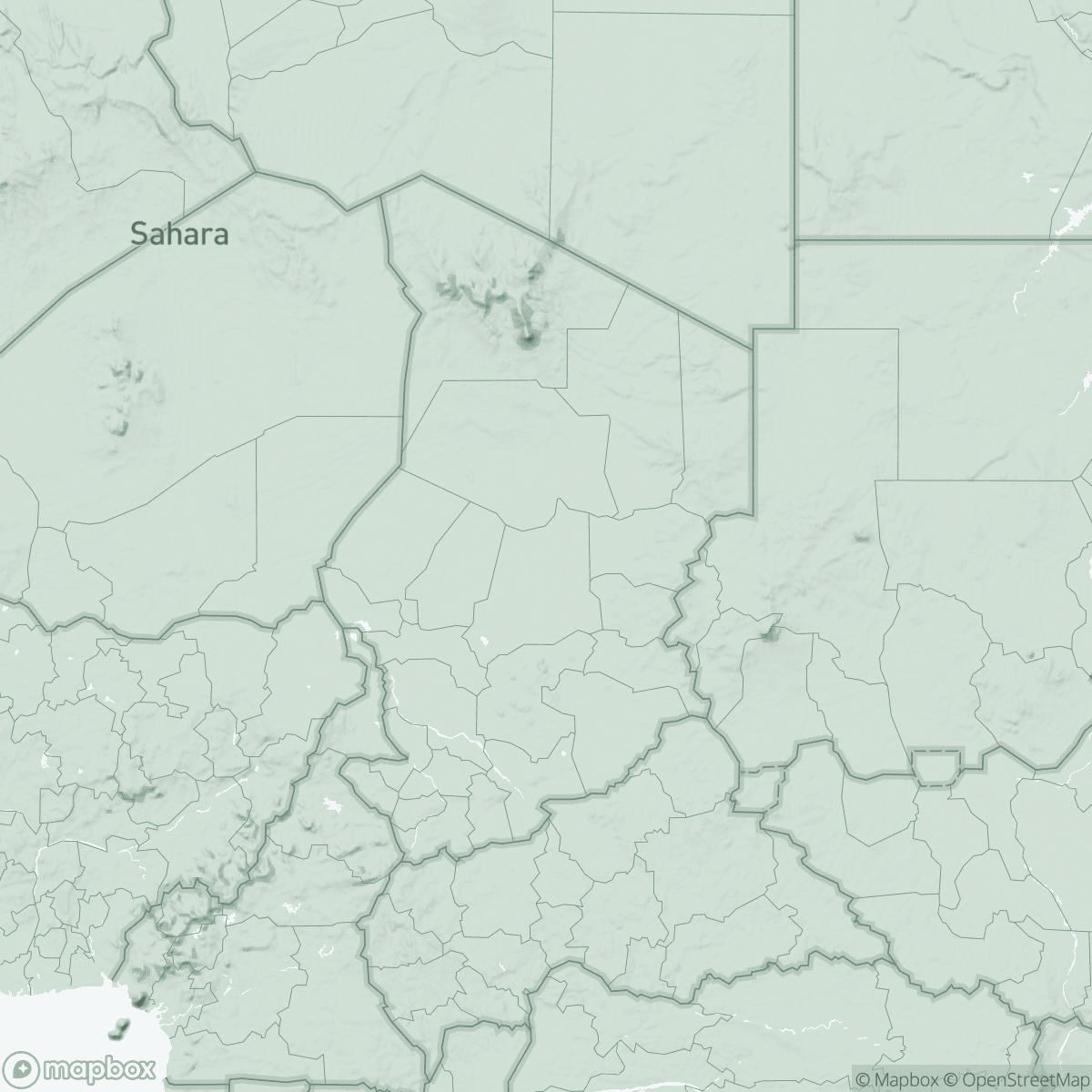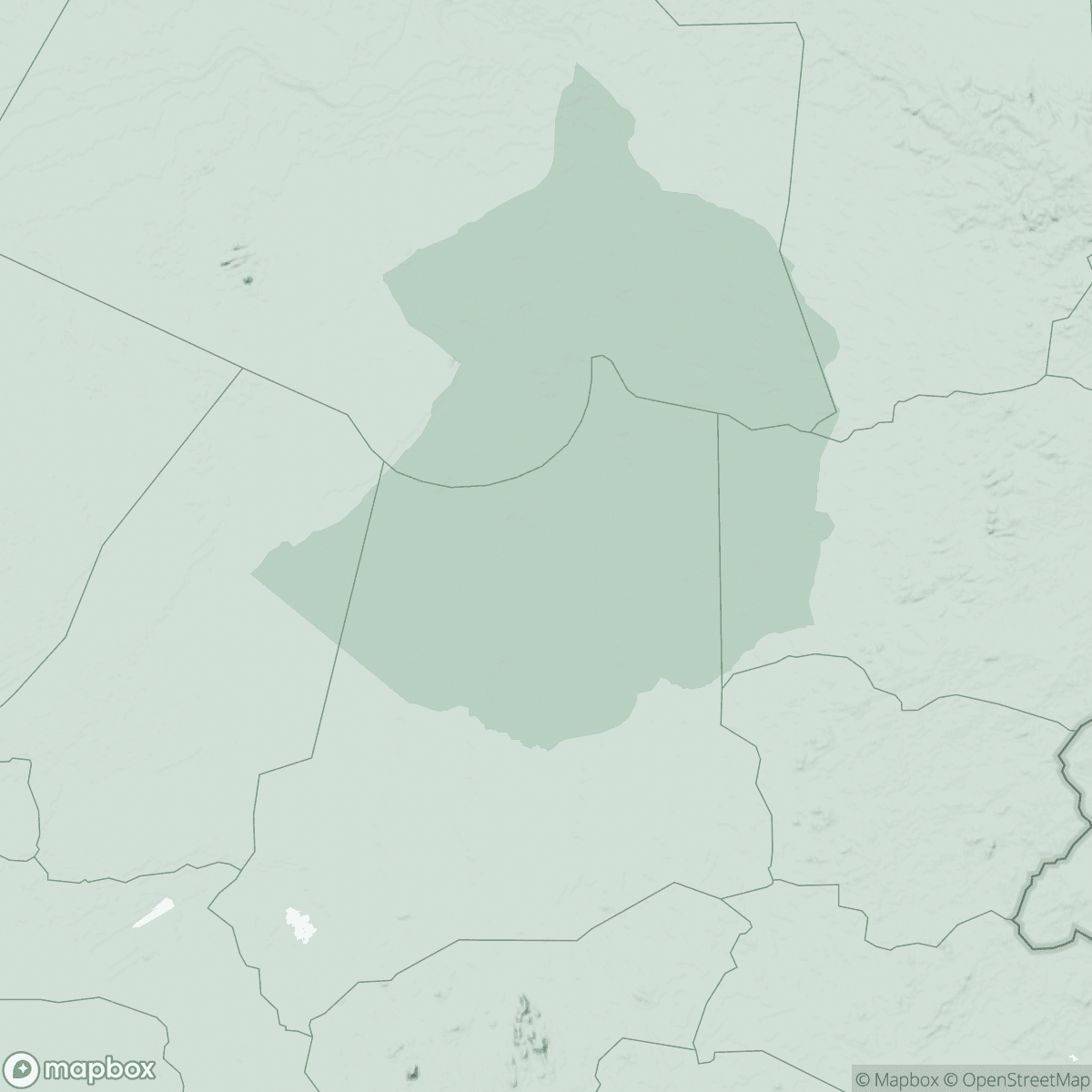
Tens of thousands of Cameroonian refugees fleeing to Chad: "We were surprised by the scale of the displacement”
In 1 click, help us spread this information :
"The first inter-communal conflicts between Mousgoum fishermen and Arab herders began in August of this year.
For a few weeks, we organized mobile clinics to provide primary health care to 11,000 refugees in Chad, before the situation calmed down. Jessie Gaffric, MSF head of mission in Chad
"But the violence resumed suddenly and brutally, as it did on December 8 in Kousseri, a Cameroonian town on the border with Chad’s capital N'Djamena, because tensions over agricultural, pastoral and fisheries resources have not been resolved. Forty-three people were injured by knives, bullets or arrows. Twenty-five of them had to be hospitalized in N'Djamena because of the lack of appropriate care in Kousseri," explains Jessie Gaffric, MSF head of mission in Chad.
According to the latest information from the Office of the High Commissioner for Refugees (UNHCR), more than 100,000 people have found refuge in Chad, spread over some 50 kilometres along the rivers. According to the first testimonies collected, some villages have been burnt in Cameroon, forcing the inhabitants to flee. While the majority of men stay behind to protect their livestock or crops, women cross the river with their children and settle wherever they can.
"We were surprised by the scale of the displacement," says Guillemette Thomas, MSF medical coordinator. "Some of the people are housed directly in the villages, but the majority find refuge under trees, without any shelter. Some sites are hosting up to 10,000 refugees who are completely destitute, without access to basic resources. Other actors and public authorities are also mobilized but the needs are immense.”
MSF decided to intervene at the Ngueli site, south of N'Djamena, and is providing care to the many pregnant women who have migrated. Since the launch of activities on Thursday 16 December, around a hundred consultations have been carried out each day, in the presence of a midwife. Further south in the Mandalia area, about 50 km away, a mobile clinic has been deployed in the villages of Malfana and Ambague and a fixed consultation center has been set up in Djazira, where there are currently about 10,000 people. The majority of the diseases treated are related to poor hygiene conditions. A significant number of cases of malaria, endemic in the region, are also treated, mostly in children under five.
The majority of our patients are afraid to return home. While waiting for the establishment of more permanent reception structures where these refugees can have access to basic services, we will continue our activities and continue to explore the area to ensure that population groups are not forgotten," Guillemette Thomas, MSF medical coordinator



